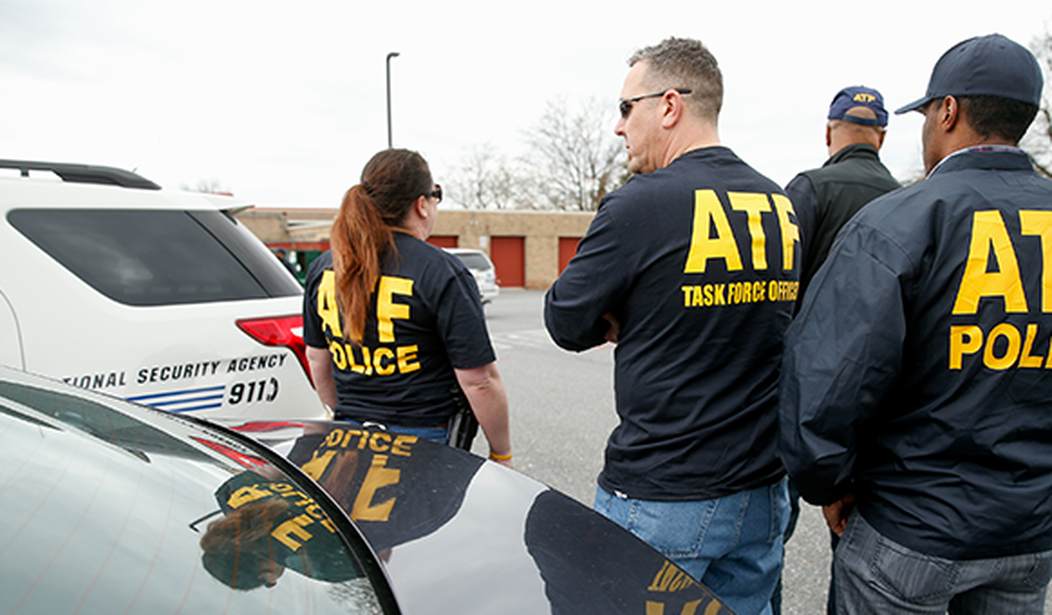The Fifth Circuit Court of Appeals has dealt the DOJ and the ATF another blow to its administrative attempts at gun control, refusing to overturn a trial court judge’s nationwide injunction halting enforcement of the agency’s rule on unfinished frames and receivers. On Monday, a three judge panel on the Fifth Circuit released an unpublished order denying the government’s request for a stay while the litigation over the new rule continues, allowing the unchallenged portions of the rule to remain in effect while keeping the portions of the rule that are being litigated on ice for the time being.
Relevant to the present case, the Rule amends the ATF’s regulations by removing and replacing the agency’s regulatory definitions of “frame or receiver” and “firearm” as applied to the Gun Control Act of 1968 (“GCA”), see 18 U.S.C. § 921(a)(3)(A)−(B). 2 Plaintiffs challenged those changes to the regulations as unlawful .
At summary judgment, the district court found that the two challenged provisions in the Rule exceeded the statutory jurisdiction and authority of the ATF and vacated the entire Rule per the Administrative Procedure Act, 5 U.S.C. § 706(2)(C). The district court rejected a stay pending appeal but granted a seven-day administrative stay to allow the ATF to bring an emergency appeal.
… Because the ATF has not demonstrated a strong likelihood of success on the merits, nor irreparable harm in the absence of a stay, we DENY the government’s request to stay the vacatur of the two challenged portions of the Rule. “[V]acatur . . . reestablish[es] the status quo ante,” which is the world before the Rule became effective. This effectively maintains, pending appeal, the status quo that existed for 54 years from 1968 to 2022.
The ATF is likely correct, however, that the vacatur was overbroad. The district court analyzed the legality of only two of the numerous provisions of the Rule, which contains an explicit severability clause. Where a court holds specific portions of a rule unlawful, severance is preferred when doing so “will not impair the function of the [rule] as a whole, and there is no indication that the regulation would not have been passed but for its inclusion.” Because the agency has shown a strong likelihood of success on its assertion that the vacatur of the several non-challenged parts of the Rule was overbroad, we STAY the vacatur, pending appeal, as to the non-challenged provisions.
This is a substantial win for the companies and Second Amendment groups who’ve brought suit against the DOJ, with the Firearms Policy Coalition’s counsel Cody J. Wisniewski saying the group is “elated that the Fifth Circuit has seen through ATF’s unpersuasive arguments and has determined that ATF failed to show it is likely to win on appeal.” Wisniewski adds that the “ATF lost at the district court and has now lost its first bite at the Fifth Circuit; we look forward to continuing to win against ATF’s unlawful and unconstitutional gun control regime.”
The Second Amendment Foundation also weighed in, with founder Alan Gottlieb saying he’s “delighted” by the court decision and executive director Adam Kraut noting, “as this case moves forward, we expect to again prevail on the portions of the Final Rule that we challenged. The court’s finding that ATF had not demonstrated a strong likelihood of success on the merits bodes well for SAF and its members.”
While the Fifth Circuit’s order keeps the unchallenged portions of the rule in place, the heart of the new regulations that treat unfinished frames and receivers as completed firearms cannot be enforced going forward. DOJ can and likely will file an emergency appeal to the Supreme Court, but the justice who handles requests coming from the Fifth Circuit is Samuel Alito, and I’d say it’s highly unlikely that he’ll grant the Biden administration the relief it’s requesting. Alito could choose to let the entire Court weigh on the request, but he doesn’t have to do that, and with SCOTUS on summer break it’s even more likely that he’ll deal with any appeal by the DOJ himself.
The larger fight over the ATF’s administrative abuses will continue, of course, and Vanderstok v. Garland may very well end up being heard by SCOTUS at some point in the future. For now, however, the ATF and the Biden administration have received another judicial smackdown and the prospects of the rule’s ultimate viability appear slim, which is great news for those of us who care about our right to keep and bear arms and the rule of law.









Join the conversation as a VIP Member